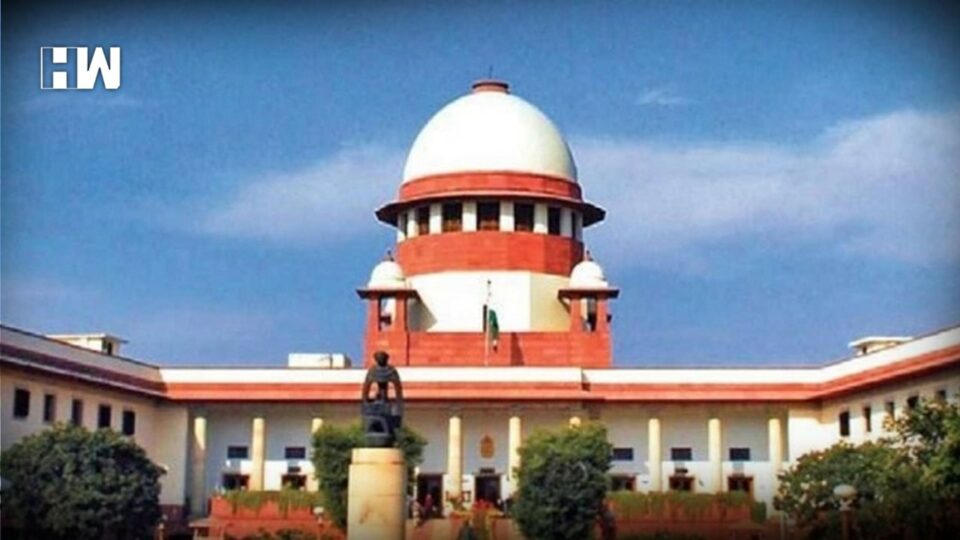Centre faced Supreme Court’s ire on Thursday as the top court again criticised the government over judicial appointment issues and remarked that Parliament has the right to enact new law but at the same time must adhere to existing legal positions
New Delhi: Centre faced Supreme Court’s ire on Thursday as the top court again criticised the government over judicial appointment issues and remarked that Parliament has the right to enact new law but at the same time must adhere to existing legal positions.
A bench led by Justice Sanjay Kishan Kaul said that it expects the Attorney General to play the role of the seniormost law officer to advise the government on the existing legal position. The court also said the government cannot conveniently cite views of some judges on MoP to oppose Collegium recommendations.
The Supreme Court said that Parliament has the right to enact a law but it is also subject to the scrutiny of courts and “it is important that the law laid down by this court is followed else people would follow the law which they think is correct”.
The court observation came while hearing a plea against the Centre for keeping pending a name that the Collegium recommended in the list for appointment to various High Courts and the apex court.
The court also took note of the Centre’s recent decision to send back a second time reiterated names and said it is a breach of its earlier direction. The court said that it is not aware of the special circumstance for which this name was dropped.
The court also told the Attorney General to advise Union Ministers to exercise some control over their public criticism about the Collegium and said that the statements made recently are not being taken very well and the ministers ought to exercise some control.
The court remarked that it has told the Attorney General that Memorandum of Procedure (MoP) is final till government suggestions are looked into, MoP as finalised has to apply.
Also, Read: Kashmiri Pandits Genocide: SC Dismisses Curative Petition Seeking SIT Probe
The court also cited the earlier Constitution Bench decision of the top court upholding the Collegium system and said that the government is bound to implement and enforce the law as laid down.
The court opined that there will be a breakdown if everyone starts choosing what to follow.
The Supreme Court said that there is an existing MoP and the government thinks some alterations are required but that does not take away from the existing legal process.
Observing that it looks just like a blame game, the court noted that years after the name for the judicial appointment was returned which Collegium again reiterated.
SC said, “How do we sort out these issues. This is some kind of an infinite battle. AG you will have to do a little better to sort out this”.
Senior Advocate Vikas Singh, appearing for the petitioner also said that rule of the law have to be followed and take strong objection on the comments on Collegium.
In the last hearing, the Court had also expressed its disappointment with the statement given by the Law Minister to a news channel.
In 2014, the National Democratic Alliance government brought the National Judicial Appointments Commission (NJAC) Act in an attempt to change the system of appointment of judges.
Vice President Jagdeep Dhankhar recently passed a certain remark on the 99th Constitutional Amendment Bill paving way for the National Judicial Appointment Commission (NJAC) which was undone by the Supreme Court in 2015.
(Except for the headline, this story has not been edited by HW News staff and is published from a syndicated feed.)
As an independent media platform, we do not take advertisements from governments and corporate houses. It is you, our readers, who have supported us on our journey to do honest and unbiased journalism. Please contribute, so that we can continue to do the same in future.

